Brazil may be over 8,000km away from Ireland and over 120 times the size of it, but, along with other Mercosur countries, it may have a say in the formation of the next government.
The controversial Mercosur trade deal was signed off on last Friday by president of the European Commission Ursula von der Leyen and the leaders of the Mercosur countries.
The deal has received strong criticism from farming organisations across Europe, with all outlining grave concerns about the deal at a flash protest which took place in the centre of Brussels on Monday morning.
Farm organisation leaders from across Europe were united in their opposition to the deal, with Irish Farmers' Association (IFA) president Francie Gorman saying: “This isn’t a done deal, it's far from it. There is total unity amongst European farm organisations that this deal has to be opposed.
"The Commission's own regulatory authorities have expressed huge reservations about Mercosur countries' ability to make sure that their beef exports to Europe are hormone-free.”
IFA livestock chair Declan Hanrahan and IFA poultry chair Nigel Sweetman also travelled to the protest on Monday.
While things have moved on quickly since Friday in Brussels, it's expected not to move as quickly from here on.
Officials from the EU have indicated that the legal scrubbing and translation of the final agreement could take six to 12 months, so it could be 2026 before any vote is taken on the trade deal.
The @IFAmedia join other farming organisations and MEPs in Brussels as they protest and oppose the #Mercosur trade deal. pic.twitter.com/nOy5K0QVPT
— Irish Farmers Journal (@farmersjournal) December 9, 2024
It’s also unclear as to whether the trade deal will be split into a co-operation agreement and trade agreement. The EU has favored this type of agreement in recent trade deals and could opt for this option to block France from using its veto.
Blocking minority
Should the deal be split, this would mean a blocking minority would be required in order to stall the deal.
France has already doubled down on the matter and, speaking to reporters this morning in Brussels, the French minister of agriculture Annie Genevard said: “France has spoken out very clearly, very resolutely and determinedly against the conclusion of this agreement.
"This draft agreement will have a very profound impact on national livestock production and the sugar sector. This agreement in no way guarantees the reciprocity of the standards that are imposed on our producers.”
Final detail
Speaking ahead of a meeting of European agriculture ministers, Ireland’s Minister for Agriculture Charlie McConalogue said he is waiting to see the detail and the text of the instruments that Ireland requested that were important in relation to environmental standards and safeguards.
"That has been something that Ireland has been very much to the forefront at European level, in terms of trade, that the same obligations are put in those countries that we trade with from an environmental point of view as we ask of our own farmers and producers.
"We'll be scrutinising very closely the outcome of the deal - we haven't seen the final text yet. We'll be very closely looking at the final detail of the text before coming to any conclusion," he said.
Irish MEP @McNamaraMEP joins the demonstration by European farming organisations in Brussels in opposition to the #Mercosur trade deal. pic.twitter.com/s3kEl0hmRl
— Irish Farmers Journal (@farmersjournal) December 9, 2024
Independent Ireland was well represented at Monday morning’s protest, with Ireland's Midlands North West MEP Ciaran Mullooly attending the protest and addressing the organisations present from the stage.
Ireland South MEP Michael McNamara also attended the protest and spoke from the stage about his opposition to the deal. Roscommon/Galway Independent Ireland TD Michael Fitzmaurice also addressed the crowd, citing the Mercosur trade deal as a red-line issue for any government formation talks that Independent Ireland may be involved in in the coming days and weeks.

On government formation, Fitzmaurice said: “The very building blocks of Europe is being undermined with this deal and the way the Commission are trying to avoid democracy come to a decision is not acceptable.
"Farmers around Ireland and Europe need to be very concerned as to what is going on. If we are brought into government formation talks, Mercosur is a red-line issue for us,” he said.
Back in Europe, it’s all down to politics, as Ursula von der Leyen seeks to garner support among the heads of state in Europe for the deal.
France, Poland and Austria have all come out against the deal, while Germany and Spain have been vigorous supporters of the deal since its inception.
All eyes are on Italy to see what side it comes out on. At the moment, Italy is required to meet the 35% blocking minority.
For more on the Mercosur trade deal, pick up a copy of this week’s Irish Farmers Journal, where we go into detail on the trade deal, including interviews with farm organisation leaders and European politicians on the implications for Ireland should the deal be ratified.




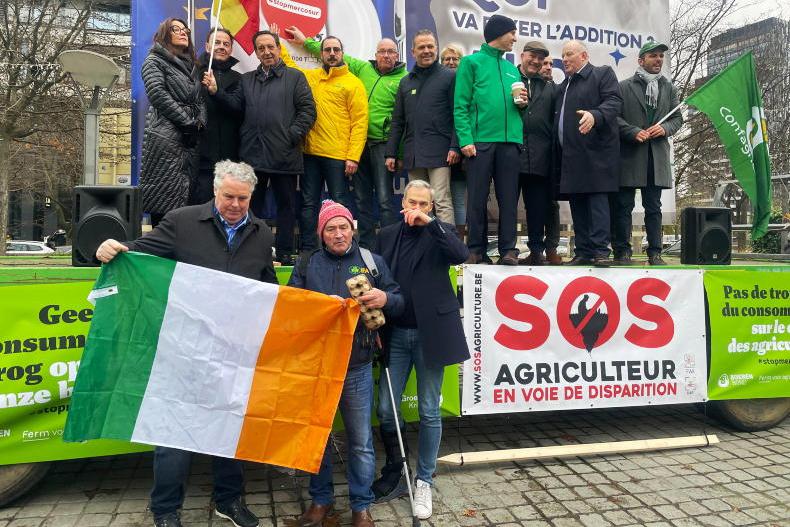
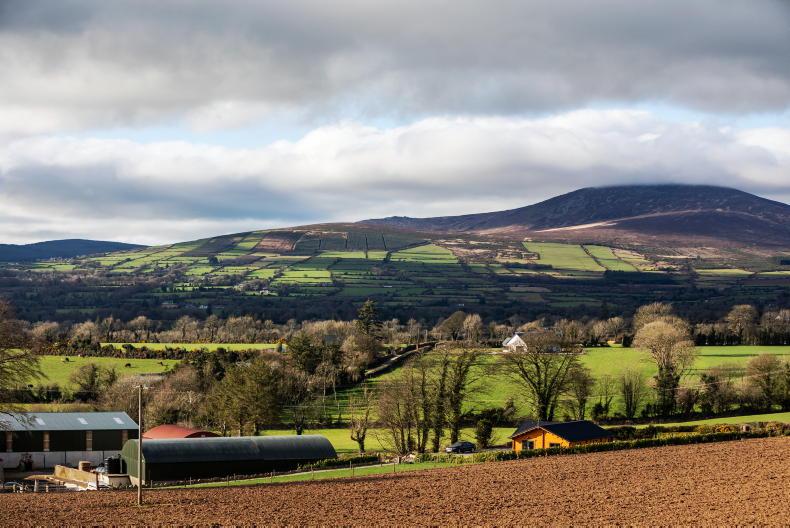

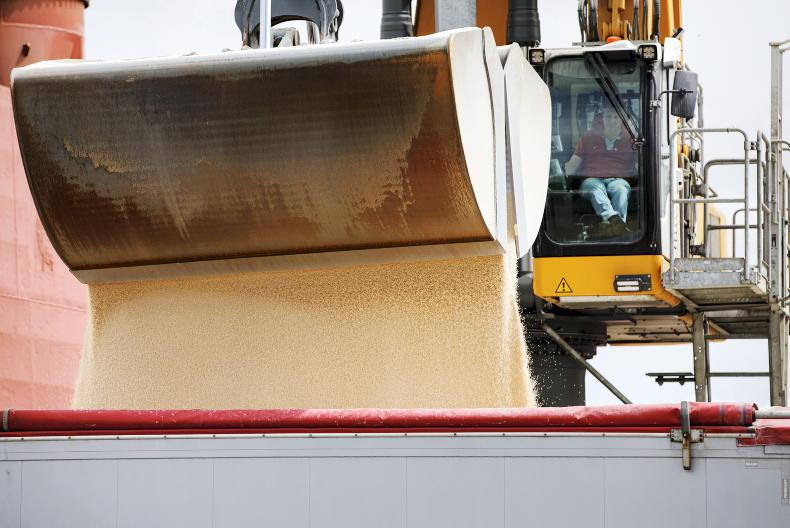
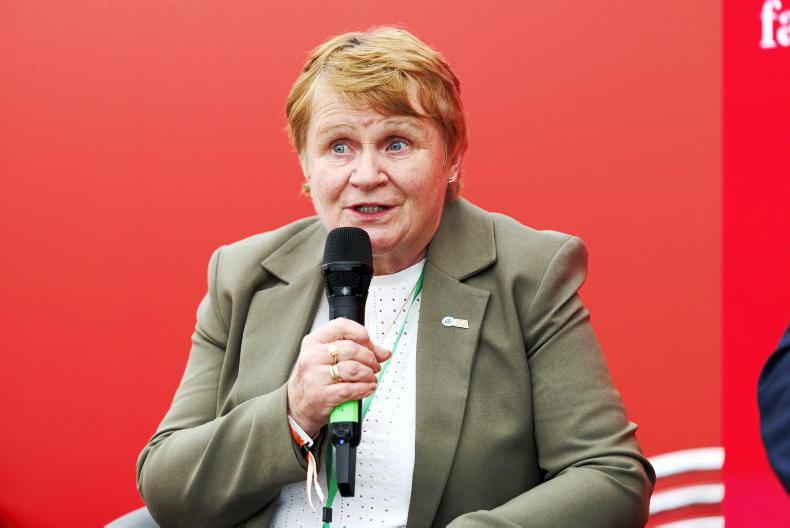
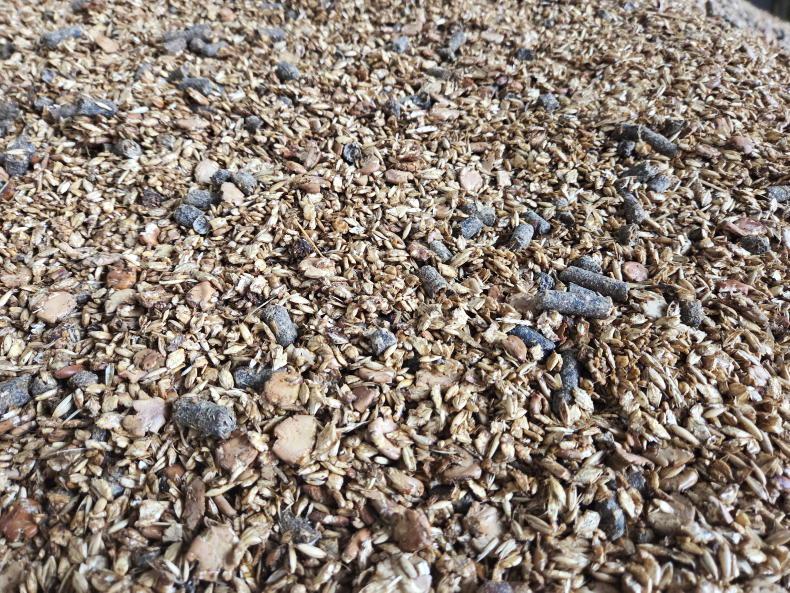
SHARING OPTIONS